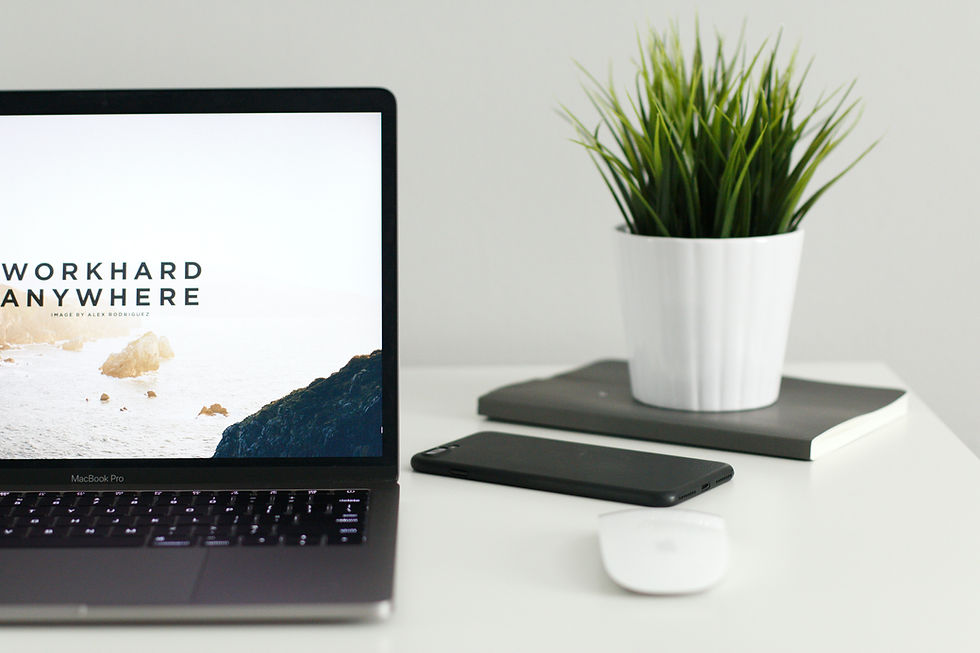Effective Employee Onboarding: How to Set New Hires Up for Success
- Harvey Richmond

- Jul 15, 2022
- 2 min read
Updated: Mar 25, 2025
The quality of onboarding makes a difference. Onboarding often consists of passing a stack of forms to new employees and having a manager or HR expert guide them through the facility for ad hoc referrals. However, properly performed onboarding lays the foundation for long-term success for employees and employers. This increases productivity, builds loyalty and engagement, and helps employees succeed early in their careers in the new organization.
According to a recent Gallup survey, only 12% of employees felt that their company did a great onboarding job, those employees were nearly three times as likely to say they have the best possible job. Overall, only 29% of new hires felt prepared and supported to perform well in their new roles. There is plenty of room for improvement in this.
Other studies consistently show that there is a positive correlation between engaged employees and the company's profitability, turnover, safety records, absenteeism, product quality, and customer ratings. An effective onboarding plan, for example, strengthens the company's efforts to promote supportive relationships between new employees and management.
The employee value proposition (EVP) defines the value an employee receives from working for a particular organization. It embodies what was promised at the time of hiring and lives daily through corporate culture. Onboarding allows employees to first experience how an organization's EVP will or will not be realized.
A current best practice for organizations is to start the onboarding process after the offer is accepted and before the actual start date. In these situations, the employer may want to develop a strategy to retain new hires. Examples include the following:
Invite employees (and possibly their family) to the facility.
An informal team catch up - lunch or coffee with direct peers or the entire team
Send a care package to new employees. Care packages may include cookies, coffee, company-branded coffee mugs, or other branded apparel.
Match new employees with buddies who contact the new employees before the first day and answer basic questions (what is the dress code? What can you expect on the first day? Where do employees usually eat? )
Five Questions that new comers want answered?
1) "What do we believe here?"
2) "What are my strengths?"
3) "What is my role?"
4) "Who is my partner?"
5) "What does my future look like here?"






Comments